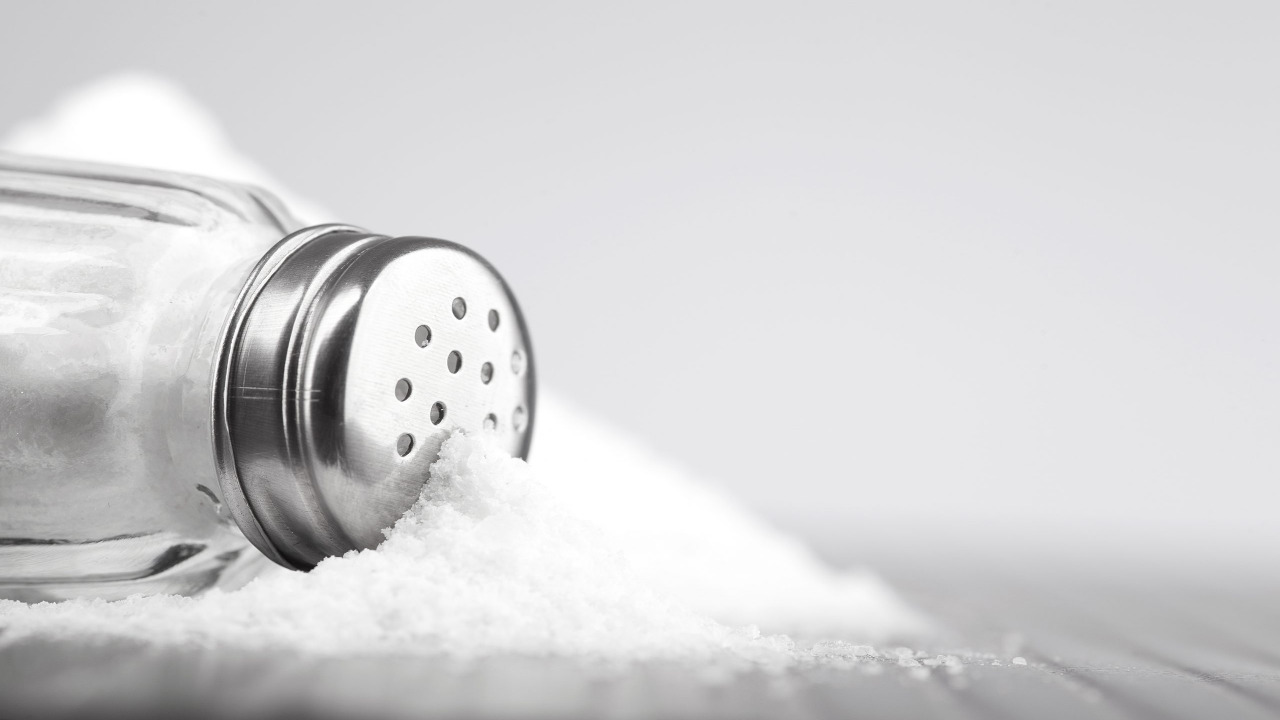Maintaining a healthy diet is crucial for living a longer and healthier life. While there are plenty of nutritious foods that you should include in your diet, there are also some foods that you should avoid to promote optimal health. In this article, we will discuss some of the foods you should avoid to live longer and healthier.
Order now some healthy snacks and proceed reading this guide to switch a completely healthy and active life.
Processed and Junk Foods

Processed foods are foods that have undergone various processes, such as heating, canning, or freezing, to increase their shelf life. They are usually high in calories, unhealthy fats, sugar, and sodium. Some examples of processed foods include fast food, packaged snacks, soda, and ready-to-eat meals. Consuming these foods regularly can lead to weight gain, increased risk of heart disease, type 2 diabetes, and other health problems. Instead, opt for whole foods, such as fresh fruits and vegetables, lean meats, and whole grains, to maintain optimal health.
Sugar and Sweets

Sugar and sweets are ubiquitous in our diets, from desserts to sweetened drinks and even hidden in processed foods. While some sugar in our diet is necessary, consuming too much sugar and sweets can lead to a range of health problems, including obesity, type 2 diabetes, and heart disease. It can also cause inflammation and weaken the immune system. Instead of consuming sugary snacks and sweets, opt for fresh fruits, nuts, or sugar-free options.
Saturated and Trans Fats

Saturated and trans fats are types of unhealthy fats that can be found in many processed and fried foods, such as fast food, fried chicken, and potato chips. Consuming these fats in large amounts can lead to high cholesterol levels, heart disease, and stroke. Instead, opt for healthy fats found in nuts, seeds, avocado, and fish.
Alcohol

Alcohol can have both short and long-term effects on your health. Consuming alcohol in excess can lead to liver damage, increased risk of cancer, and can contribute to weight gain. While moderate alcohol consumption has been associated with some health benefits, such as a reduced risk of heart disease, it is important to limit your alcohol intake to promote optimal health.
Sodium

Sodium is a mineral that is essential for our body’s functioning, but consuming too much of it can have negative effects on our health. High sodium intake has been linked to high blood pressure, heart disease, and stroke. Many processed and packaged foods contain high levels of sodium. To reduce your sodium intake, opt for fresh foods and avoid adding salt to your meals.
Conclusion
In conclusion, maintaining a healthy diet is essential for living a longer and healthier life. By avoiding processed and junk foods, sugar and sweets, saturated and trans fats, excessive alcohol consumption, and high levels of sodium, you can reduce your risk of developing chronic diseases and promote optimal health. Opting for whole, fresh foods and healthy fats can help you maintain a balanced and nutritious diet. Remember that small changes can lead to big improvements in your health, so start making changes today for a healthier tomorrow.
